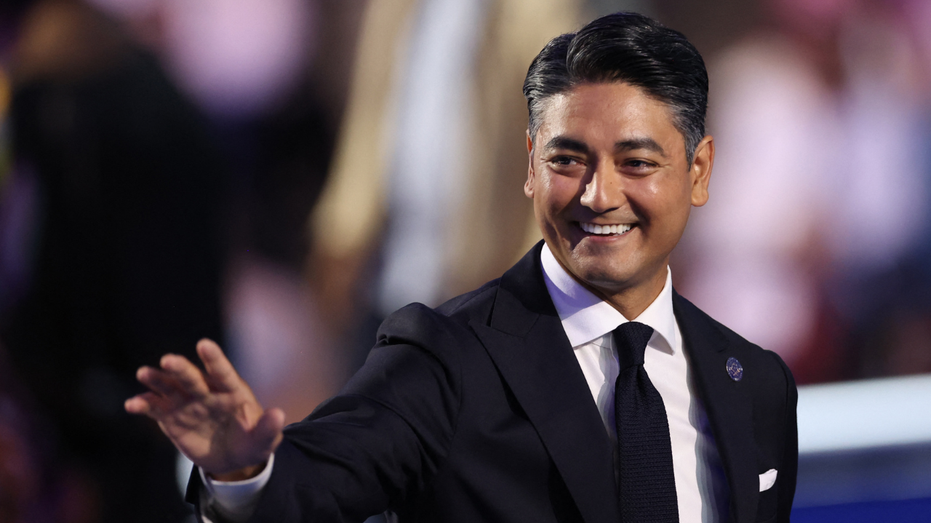A wave of bomb threats targeted polling locations across New Jersey on Tuesday, disrupting the gubernatorial election as Republican candidate Jack Ciattarelli narrowed the gap with his Democratic opponent.
Counties including Bergen, Essex, Mercer, Middlesex, Monmouth, Ocean, and Passaic were affected, raising immediate concerns about voter intimidation and suppression during a critical election.
The timing of the threats, coinciding with a surge in potential Republican turnout, fueled speculation about the motive – a deliberate attempt to discourage participation from a key voting bloc.

New York City mayoral candidate Zohran Mamdani ignited controversy by publicly blaming former President Trump for the incidents, framing them as a continuation of alleged voter intimidation tactics.
Mamdani asserted the threats were “an illustration of the attacks we are seeing on our democracy,” and linked them to the Trump administration’s past claims of voter fraud, suggesting a pattern of suppressing the American voice.
The White House swiftly condemned Mamdani’s remarks as irresponsible and baseless. Press Secretary Karoline Leavitt characterized the accusation as a desperate attempt to deflect blame and a symptom of a Democratic Party lacking a positive agenda.
Leavitt argued that the Democratic Party has become defined solely by its opposition to President Trump, rather than by any affirmative principles or policies.
The accusations and counter-accusations highlight a deeply polarized political climate, where even acts of intimidation are immediately weaponized for partisan gain.
Data indicated a significant Democratic advantage in early voting, with 54% of mail-in and in-person early votes cast by registered Democrats compared to 28% by Republicans, making Election Day turnout crucial for the Republican candidate.
The incident raises serious questions about the security of elections and the lengths to which individuals might go to influence the outcome, regardless of the consequences.
Leavitt emphasized the absurdity of blaming a former president for actions taken during an active election, calling it “quite sad” and a clear indication of the desperation within the opposing party.





